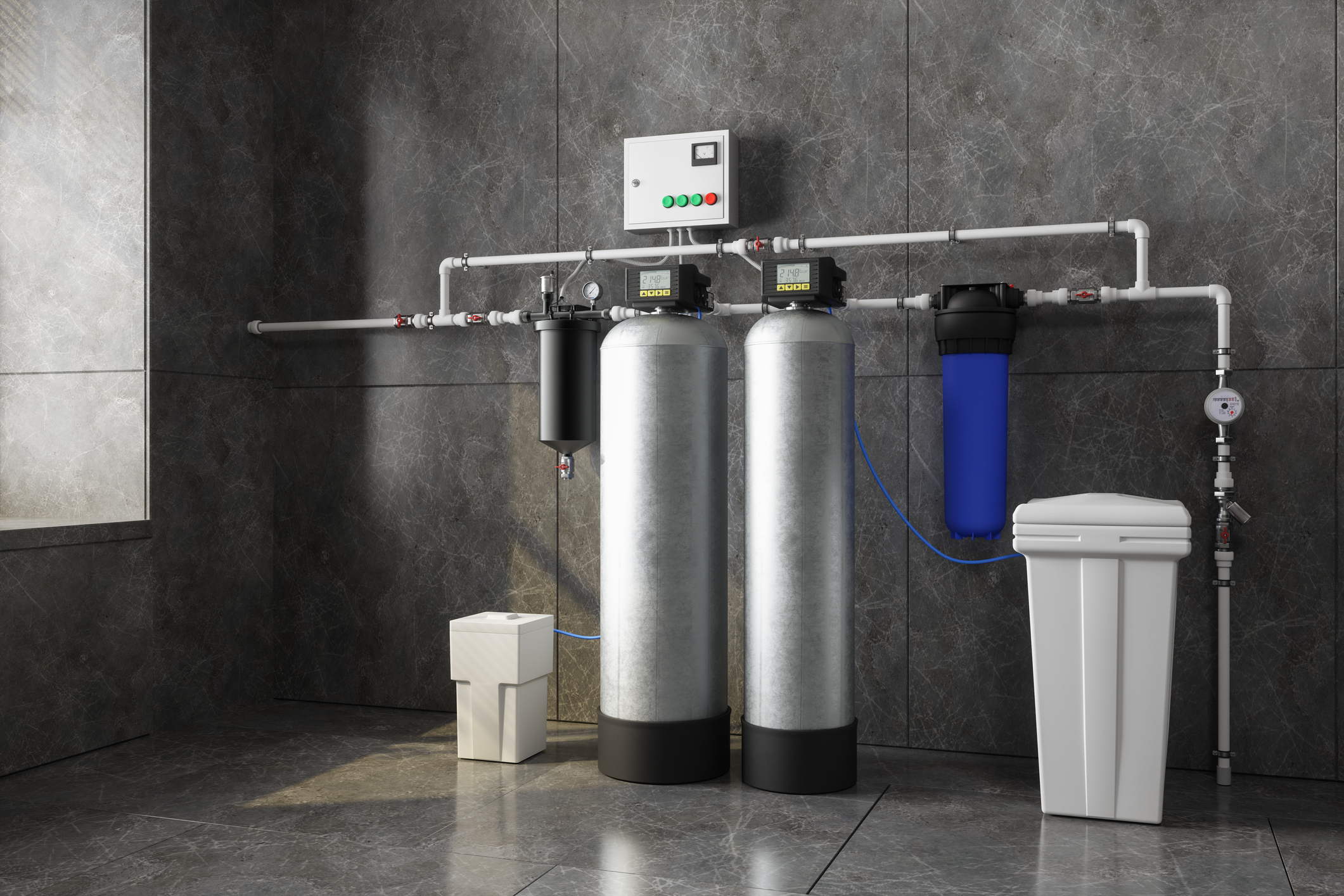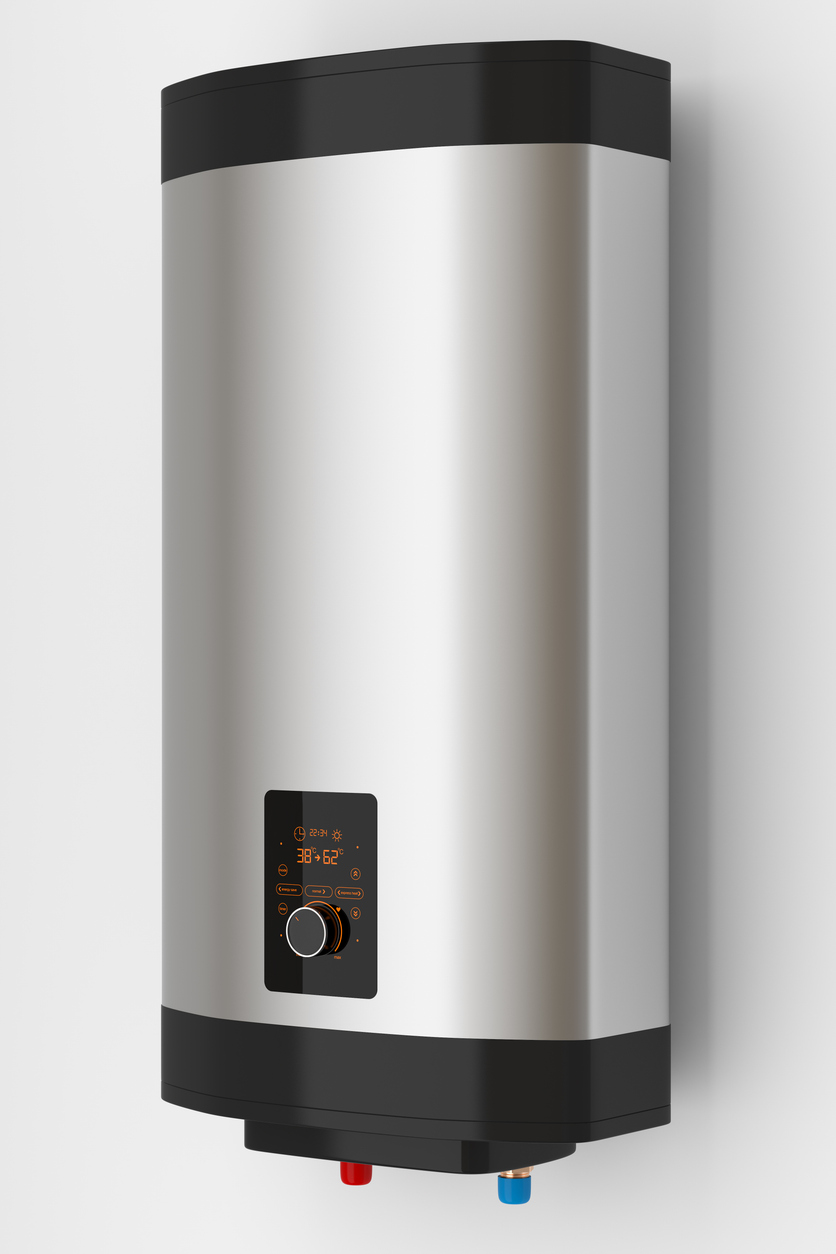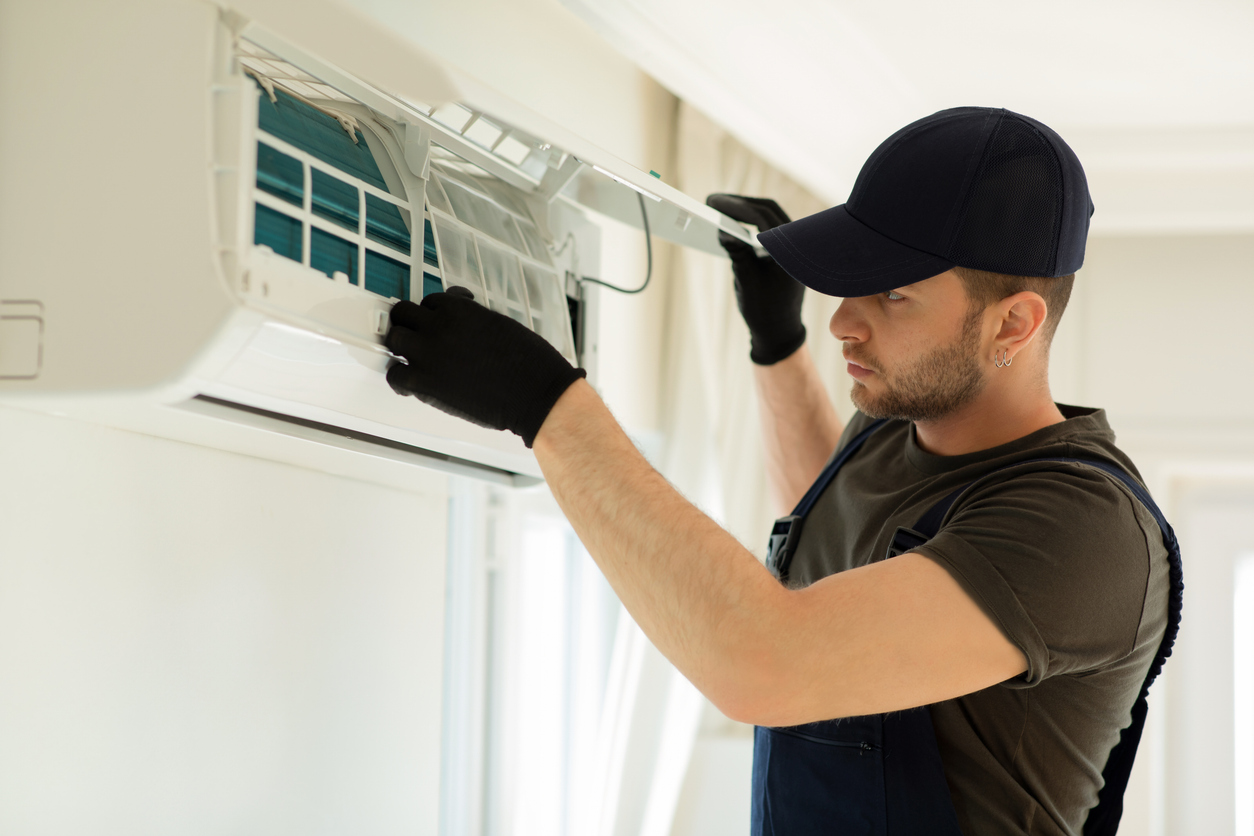Chlorination stands as a cornerstone in treating water and rendering water safe for consumption. This method involves the introduction of chlorine into water to eradicate harmful microorganisms, safeguarding public health. Understanding the intricacies of chlorination in water treatment in Lancaster, PA, unveils its significance in ensuring access to clean and potable water.
1. History of Chlorination:
Chlorination dates back to the late 19th century when it was first employed as a means to disinfect water on a large scale. The breakthrough discovery by John Snow in 1854 highlighted the effectiveness of chlorination in combating waterborne diseases, laying the foundation for modern practices.
2. Mechanism of Action:
Chlorination operates through the release of chlorine, which disrupts the cellular structures of bacteria, viruses, and other pathogens present in water. This oxidative process effectively neutralizes these harmful agents, making water safe for consumption while maintaining residual protection throughout the distribution system.
3. Types of Chlorination:
Treatment facilities utilize various methods of chlorination, including gas chlorination, liquid chlorine dosing, and the use of chloramine. Each method offers distinct advantages and is tailored to suit specific operational requirements and water quality considerations.
4. Challenges and Considerations:
Despite its efficacy, chlorination poses challenges, such as the formation of disinfection by-products (DBPs) and the emergence of chlorine-resistant pathogens. Proper monitoring, dosage control, and the adoption of alternative disinfection techniques help mitigate these challenges while ensuring water quality standards are met.
5. Future Perspectives:
The future of chlorination in treatment encompasses advancements in technology, such as the development of more efficient chlorination systems and alternative disinfection methods. Collaboration between researchers, policymakers, and industry stakeholders is vital in driving innovation and ensuring the continued provision of safe drinking water.
Through ongoing research and innovation, the efficacy and sustainability of chlorination can be further enhanced to meet evolving challenges and ensure universal access to clean and safe drinking water. You can contact experts for water well repair in Camp Hill, PA, for reliable services.
Stay informed about water well in Lancaster, PA, with our expert plumbers at Pronto Plumbing, Heating and Air at 717-366-6587. Explore our purification methods to promote awareness and advocacy for safe drinking water worldwide.





